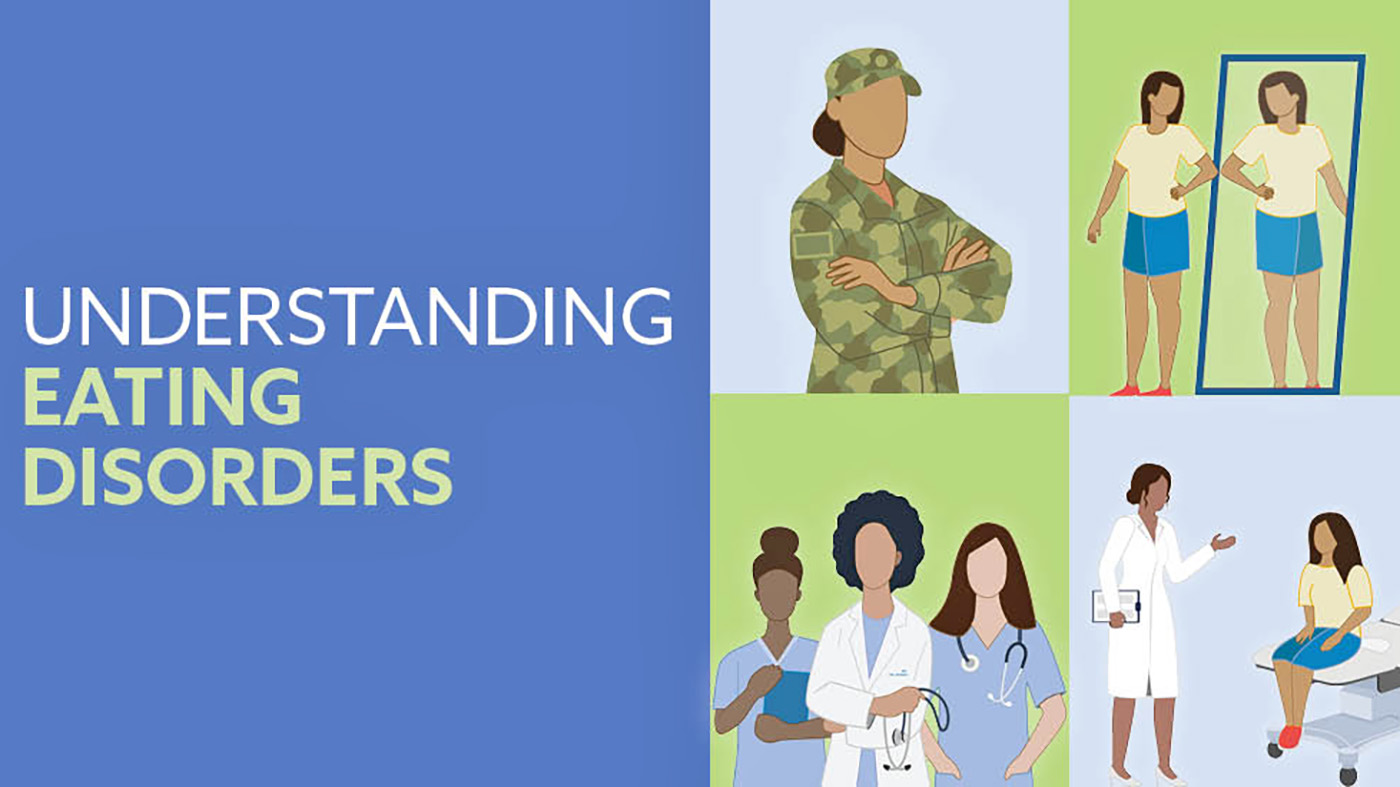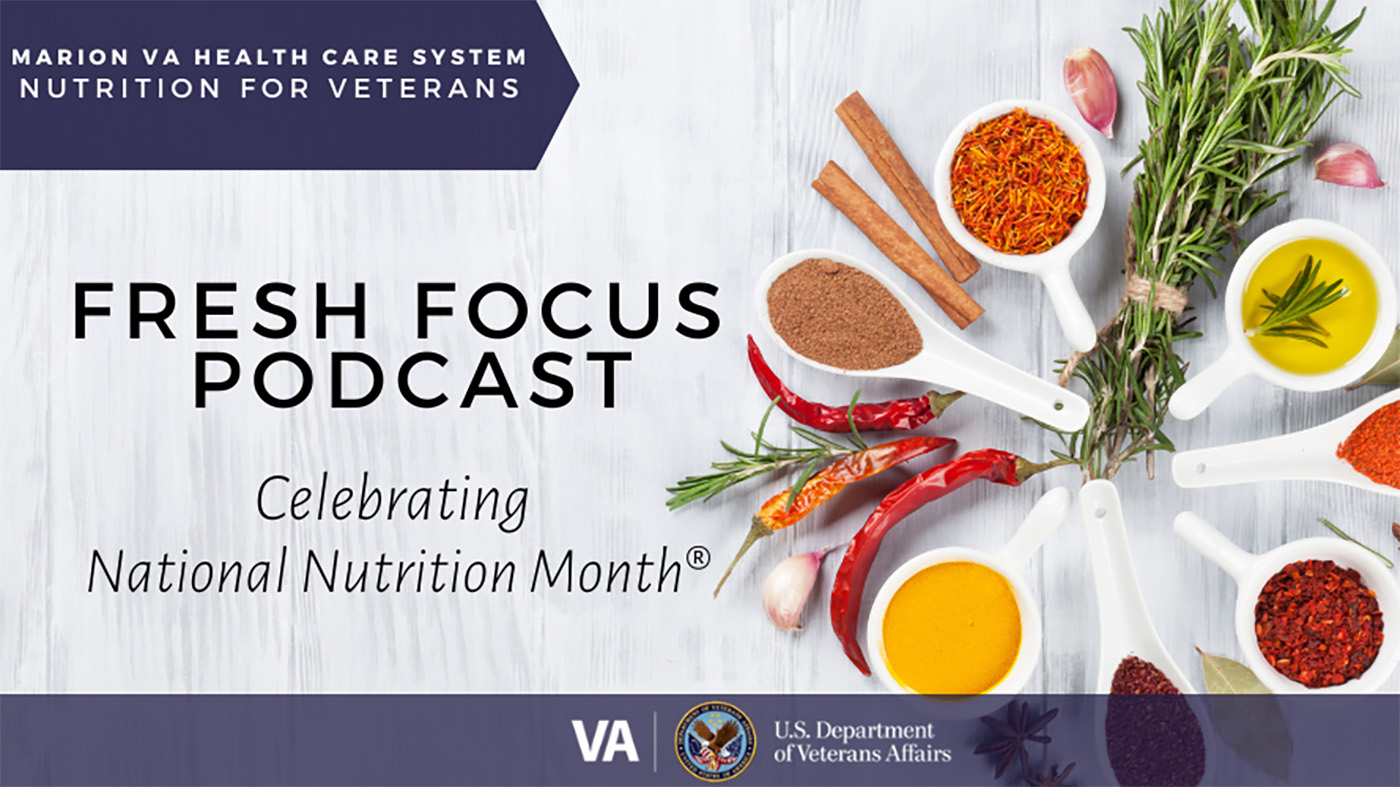May is National Physical Fitness and Sports Month and is the perfect reason for you to take your dog outside for a walk or check out a new fitness class. Exercise, in all different forms, benefits your health. The Aleda E. Lutz VA Medical Center in Saginaw, Michigan, recently partnered with the YMCA to provide an aquatic fitness class. Veterans are loving the new opportunity to get fit indoors. Some VA facilities offer tai chi, yoga, walking groups or other opportunities to be active. Now that spring is here – get outside for some fresh air and movement.
Health benefits
Physical fitness has always been an integral part of our health, but why? First, a commitment to an active lifestyle plays a key role in weight management. Maintaining a healthy weight reduces your risk of disease and improves heart health, depression and type 2 diabetes. In general, increased physical activity and strength training have been shown to increase longevity and quality of life.
Even small amounts count
Any increased activity is better than none. In a recent study from Journal of the American College of Cardiology, researchers assessed just how intense exercise needs to be to see the reductions in heart disease complications without posing a greater risk. They found that just standing up for more than two hours a day decreased risk for heart disease-related death by 10 percent. This is proof that small amounts of physical activity do have substantial health benefits. However, with higher-intensity activities, there are greater health benefits seen. Talk to your primary care physician before starting higher-intensity activities to make sure it is safe for you.
How to get started
- Find something you like: Choose a physical activity that you enjoy. Try something new – dancing, speed walking, exercise DVDs or workouts found online. You may have to try a few things until you find what you like.
- Make a goal: Set both short-term and long-term goals to hold you accountable and motivate you. Example: “I will walk for at least 10 minutes, three times per week as soon as I get home from work.”
- Start small: Know what you are physically capable of and gradually increase intensity or duration.
- Find support: Whether it be a family member, registered dietitian or fellow group class member, having support helps keep you on track and motivated.
- Schedule it: Make it a priority in your daily routine. If you don’t make time in your schedule, you will be less likely to do it.
- Sit less: Walk during a phone call, stand instead of sitting in the waiting room, walk over to chat with a co-worker instead of emailing.
For more information on how to get started with improving your fitness goals and the proper nutrition to go with it, contact your local VA PACT team to speak with a registered dietitian and/or check out a MOVE program near you.

Topics in this story
More Stories
Grain salads pack a punch of vitamins, minerals and fiber. Check out this colorful, flavorful recipe in this week's #LiveWholeHealth video recipe.
As a Veteran, you may be at an increased risk for developing an eating disorder
VA dietitians with the Fresh Focus Podcast encourage us to celebrate the theme Beyond the Table






